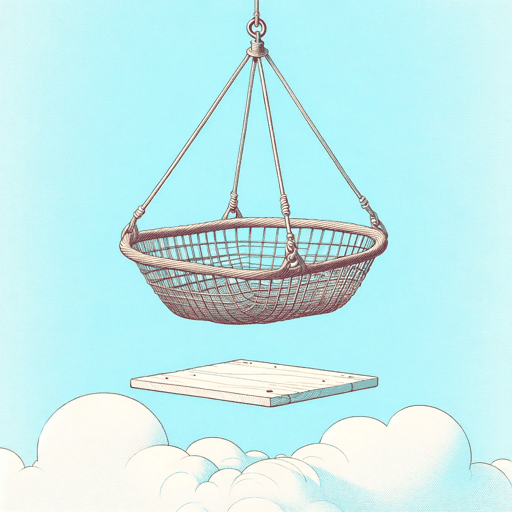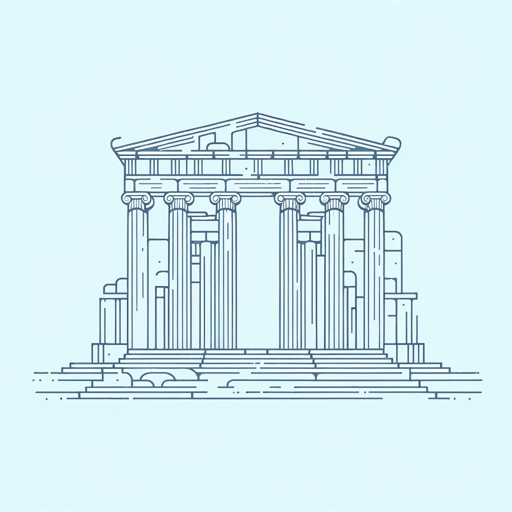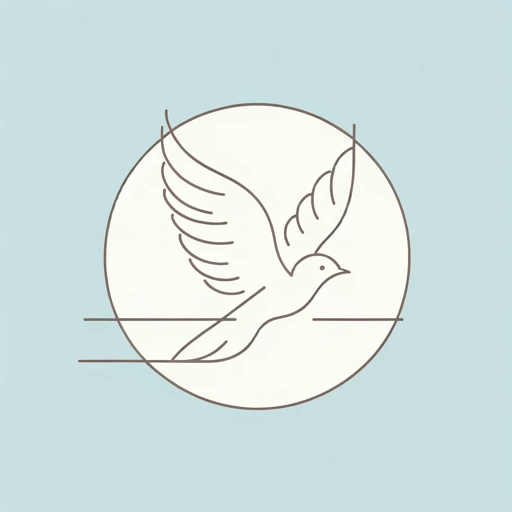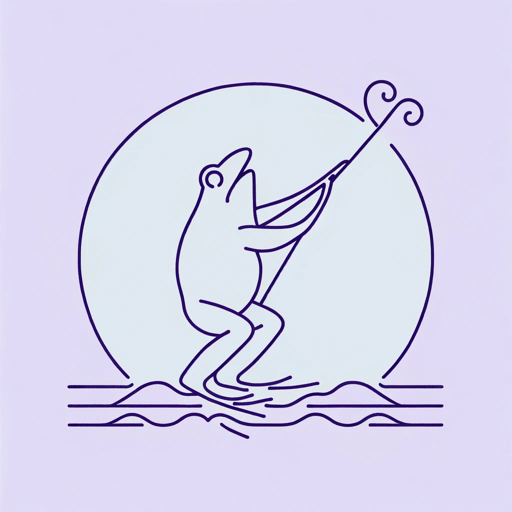44 pages • 1 hour read
AristophanesThe Clouds
Fiction | Play | Adult | BCEA modern alternative to SparkNotes and CliffsNotes, SuperSummary offers high-quality Study Guides with detailed chapter summaries and analysis of major themes, characters, and more.
Summary and Study Guide
Overview
Clouds is an Attic Comedy by Aristophanes (circa 450-385 BCE). The play was initially produced at the City Dionysia in 423 BCE, where it placed third in a drama festival. Aristophanes subsequently worked on a revision that he never completed, and it is this incomplete revision that represents the surviving text of the play known today. Clouds centers on the character of Strepsiades and his ill-conceived attempt to learn sophistry, or fallacious arguments, from Socrates so that he can avoid paying his debts. The play explores the themes of Old Versus New Values, The Importance of Education, and The Relationship Between the Gods and Morality.
This study guide refers to Alan Sommerstein’s translation of the play in the revised Penguin edition of the plays of Aristophanes, Lysistrata and Other Plays (2002).
Content Warning: The source material and translation used in this study guide feature coarse sexual humor and language, including an offensive anti-gay slur.
Plot Summary
Strepsiades can’t sleep. He complains about the debts accumulated by his son Pheidippides, who has a passion for horses. Pheidippides sleeps soundly in the bed next to his.
Strepsiades thinks of a plan to rid himself of his debts. He rouses Pheidippides and asks him to enroll in the school known as the Thinkery, where young men can learn how to argue effectively for the Wrong argument over the Right argument—a skill that Strepsiades will need if he is to cheat his creditors and avoid paying his debts. Pheidippides refuses to enroll in the Thinkery, regarding affiliation with the school as shameful. Strepsiades decides that, despite his age, he will enroll in the Thinkery himself.
At the Thinkery, Strepsiades speaks with a Student, who tells him about some of the discoveries made by Socrates, the head of the Thinkery. These discoveries include a unit of measurement used to determine the distance a flea can jump and an inquiry into the reason gnats buzz. Strepsiades listens eagerly and asks to be introduced to Socrates, who promptly comes into view, sitting on a suspended basket or board from which he observes meteorological phenomena.
Socrates inducts Strepsiades into the Thinkery in a ceremony that culminates in the entrance of the Clouds, the patron goddesses of the school. In the first choral song (the parodos), the Clouds describe the various regions they have seen, and praise the loveliness of Athens. Strepsiades explains his wish to become a great speaker, and the Clouds promise him a great future. Strepsiades follows Socrates into the Thinkery to begin his studies.
The Clouds strip off their costumes. They address the audience, a song known as the parabasis, or the choral section of the play in which the playwright addresses the audience in their own voice. The Chorus Leader, speaking as the playwright, describes Clouds as Aristophanes’s best play and chides the audience for not awarding it the first prize when it was staged. This reveals that the play’s text is a revision of the original play. Reprising their role as the Clouds, the Chorus speaks against the contemporary politician Creon and criticize the Athenians for their recent tampering with the calendar.
Socrates enters. He complains about Strepsiades’s intellectual shortcomings and inability to learn. In a final effort to teach his new student, Socrates invites him outside to participate in an intellectual incubation in which the student lies under a blanket to allow ideas to arise spontaneously in his mind. Eventually, Strepsiades’s ineptitude causes Socrates to lose his patience and to throw him out of the Thinkery. Strepsiades turns to the Clouds, who suggest he find somebody younger and more intellectually agile to learn for him.
Strepsiades again orders Pheidippides to enroll in the school, and this time succeeds in forcing him to obey him. Strepsiades and Pheidippides return to the Thinkery, where Right and Wrong are personified with human qualities and showcase their ideas and abilities in an agon, or debate scene.
Right speaks of the importance of justice and the gods, while Wrong denies justice and encourages Pheidippides to pursue pleasure. When Wrong points out that those educated by him now dominate the most powerful positions in Athens, Right concedes defeat. Pheidippides accompanies Wrong into the Thinkery and Strepsiades, satisfied that his plans will succeed, returns home. The Clouds address the audience in a second parabasis, promising that they will provide seasonal rain if awarded first prize, but threatening to call down destructive weather on the Athenians if they are again robbed of their due.
Strepsiades comes back to the Thinkery to fetch Pheidippides, who has undergone an alarming transformation into a pale intellectual. Strepsiades and Pheidippides return home to celebrate as Strepsiades’s creditors arrive to summon him to court. With Pheidippides’s help, Strepsiades is able to outsmart his creditors and send them away.
In a brief choral song, the Clouds warn that Strepsiades’s joy will be short-lived. Sure enough, Strepsiades soon emerges from his house, protesting that Pheidippides has just given him a beating. When Pheidippides threatens to beat his mother too, Strepsiades decides he has gone too far. Blaming Socrates and the Thinkery for his son’s unsavory behavior, he leads his slaves against the Thinkery and burns it to the ground. As Strepsiades pursues the panicked students of the Thinkery, the Chorus follows him off stage almost without a word, remarking very briefly that the story has ended.
Related Titles
By Aristophanes
Featured Collections
Ancient Greece
View Collection
Books on Justice & Injustice
View Collection
Comedies & Satirical Plays
View Collection
Dramatic Plays
View Collection
Education
View Collection
Good & Evil
View Collection
Philosophy, Logic, & Ethics
View Collection
Religion & Spirituality
View Collection
School Book List Titles
View Collection






